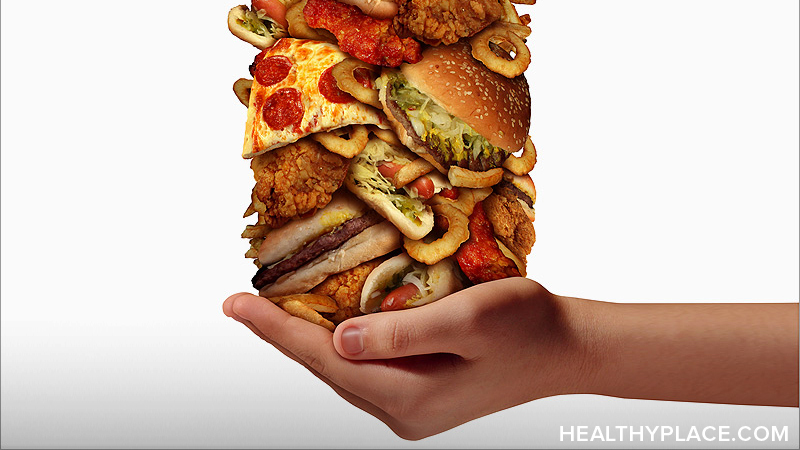Helping Your Child Achieve a Healthy Weight

Three studies reveal ways to help kids get to healthier weights.
Childhood obesity is growing at an alarming rate, but experts say parents are more powerful than they imagine at helping kids fight the problem.
About 17 percent of US children and teens, ages two to 19, are overweight, according to the US National Center for Health Statistics.
But three studies presented at the Pediatric Academic Societies annual meeting offer ways to help kids get to healthier weights.
Helping your child have good self-esteem can motivate him or her to lose weight, found Kiti Freier, Ph.D., a pediatric psychologist at Loma Linda University in Loma Linda, Calif.
When she interviewed 118 overweight children participating in a 12-week program, she found that good self-image was even more important than how much excess weight they carried in predicting whether they were ready to lose excess weight.
"Their readiness to change relates to whether they felt supported, not how big they were," she says.
The message for parents of overweight children is clear: Do not point out how overweight they are. Instead, try something like this: "We love you so much. We want you to be healthy and have a long life," says Dr. Freier. Then offer them a plan and support.
Understanding What Overweight Means
The second study revealed that parents may have the mistaken belief that a child is not overweight when he or she actually is overweight.
Dr. Elena Fuentes-Afflick, at the University of California San Francisco, tracked the attitudes of Latina mothers with preschool-age children on their children's weight.
She analyzed data from interviews with 194 women and children taking part in the Latino Health Project.
The women were recruited during pregnancy and then interviewed annually for three years.
By the time they were three years old, more than 43 percent of the children were statistically overweight.
But, "in the group of kids overweight by our measure, three-quarters of those mothers thought their child's weight was just fine," says Dr. Fuentes-Afflick.
"We are living in a society where two-thirds of adults in the US are overweight or obese," says Dr. Fuentes-Afflick. "What concerns me is the risk that we are normalizing overweight body images."
Low Income Linked to High-Calorie Foods
In a third study, mothers in families where food is sometimes scarce due to money problems have a tendency to give their children high-calorie foods to boost overall calories or foods to stimulate the appetite.
These two practices should be avoided if they want their child to remain at a healthy weight, says Emily Feinberg, an expert at Boston University School of Public Health.
In her study, Feinberg interviewed 248 mothers of normal and overweight African-American and Haitian children, ages two to 12.
She found that 28 percent of them had shortages of food from time to time.
When that happened, 43 percent used nutritional drinks such as high-calorie instant breakfast drinks, and 12 percent used substances to stimulate appetite, such as traditional Haitian teas.
Feinberg says this was a well-meaning effort to be sure the children got adequate nutrition.
Instead, Feinberg says, these low-income mothers should "try in general not to focus as much on calories but on the quality of the diet. Instead of a nutritional drink supplement, we would recommend increasing the intake of fruits and vegetables."
Awareness Key for All
The studies provide valuable information for researchers and parents, according to Connie Diekman, a registered dietitian and director of university nutrition at Washington University in St. Louis.
The study relating a child's self-esteem to their readiness to lose weight also makes sense, comments Diekman.
"Self-esteem is a major factor in the establishment of healthy behaviors and [a lack of it] can contribute to overeating and eating disorders," she says.
The second study confirms the key role mothers play in determining what a child eats and weighs, says Diekman.
Finally, the last study on scarce food, "provides some support to why the prevalence [of overweight] is higher" in poorer populations, she says.
Always consult your physician for more information.
Sources:
- MUSC Children's Hospital (St. Petersburg, Fl.) press release
APA Reference
Staff, H.
(2008, December 4). Helping Your Child Achieve a Healthy Weight, HealthyPlace. Retrieved
on 2026, March 4 from https://www.healthyplace.com/parenting/eating-disorders/helping-your-child-achieve-a-healthy-weight



